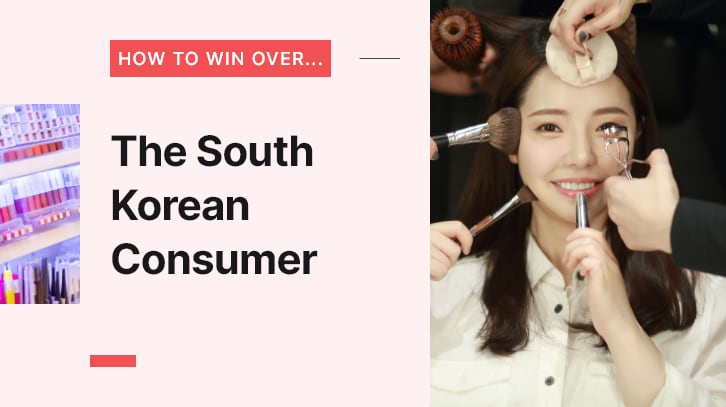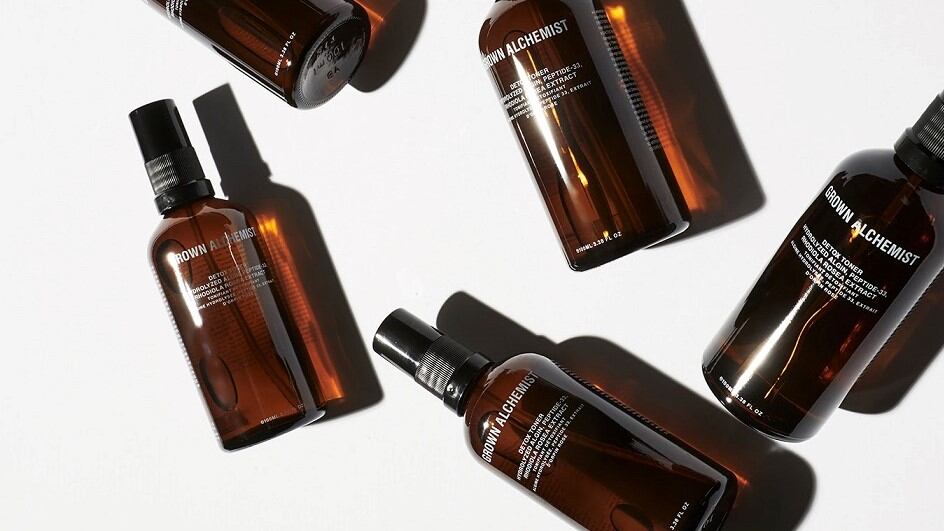Being the body's largest organ, the skin frequently mirrors the internal state of your body. Stress can lead to heightened inflammation, delayed wound healing, and adverse effects on skin conditions.
Numerous scientific studies have already established a connection between stress and various skin issues, including acne, psoriasis, eczema, as well as premature ageing.
“We’ve seen research happening on the brain-skin axis from 2018, or even earlier. But what’s new now is that we have a feedback loop back to the brain from the skin. So, the skin condition is actually impacting the brain and the skin in this infinite loop,” said Léo Liénard, area manager, Asia Pacific, Laboratoires Expanscience.
Skin care companies have responded by developing products that claim to combat the negative effects factors like stress and fatigue can have on the skin. There is increasing interest in ingredients such as cannabidiol (CBD) as well as adaptogenic ingredients like ashwagandha and reishi mushroom.
However, while there is burgeoning demand and innovation in this space, a major hurdle remains: defining and scientifically proving the effectiveness of these well-being claims.
“When you want to claim something like that, in the current scientific framework, it's really difficult to measure the emotion, because it's something that's within and people don't necessarily express it the same way. So, you have to find hard scientific evidence to measure,” said Liénard.
Earlier this year, Laboratoires Expanscience debuted Epionine Bio, which claims to boost self-confidence and reduce psychological stress.
Speaking on the Beauty Broadcast Liénard, highlighted that stress and self-confidence were complex, individual experiences, making it difficult to measure, prove, and claim.
To overcome this hurdle, the company enlisted the expertise of specialists in psychology and neuroscience. With these experts, the company has utilised interesting experiments to gather clinical data on the subjects’ emotional state.
One such experiment was the Mirror Test, which has subjects looking at their own reflection while answering questions. Their emotional responses are quantified by analysing factors like the vocal stress load and heart rate variability.
Employing or devising such innovative tests is crucial in distinguishing cosmetic products that genuinely impact an individual's well-being.
“We know many consumers say they purchase cosmetics to feel good. About 68% of French consumers agree with that. But now, you have to go further than that, it’s more than just making themselves happy, but having a substantial gain of wellbeing, quality of life,” said Liénard.




